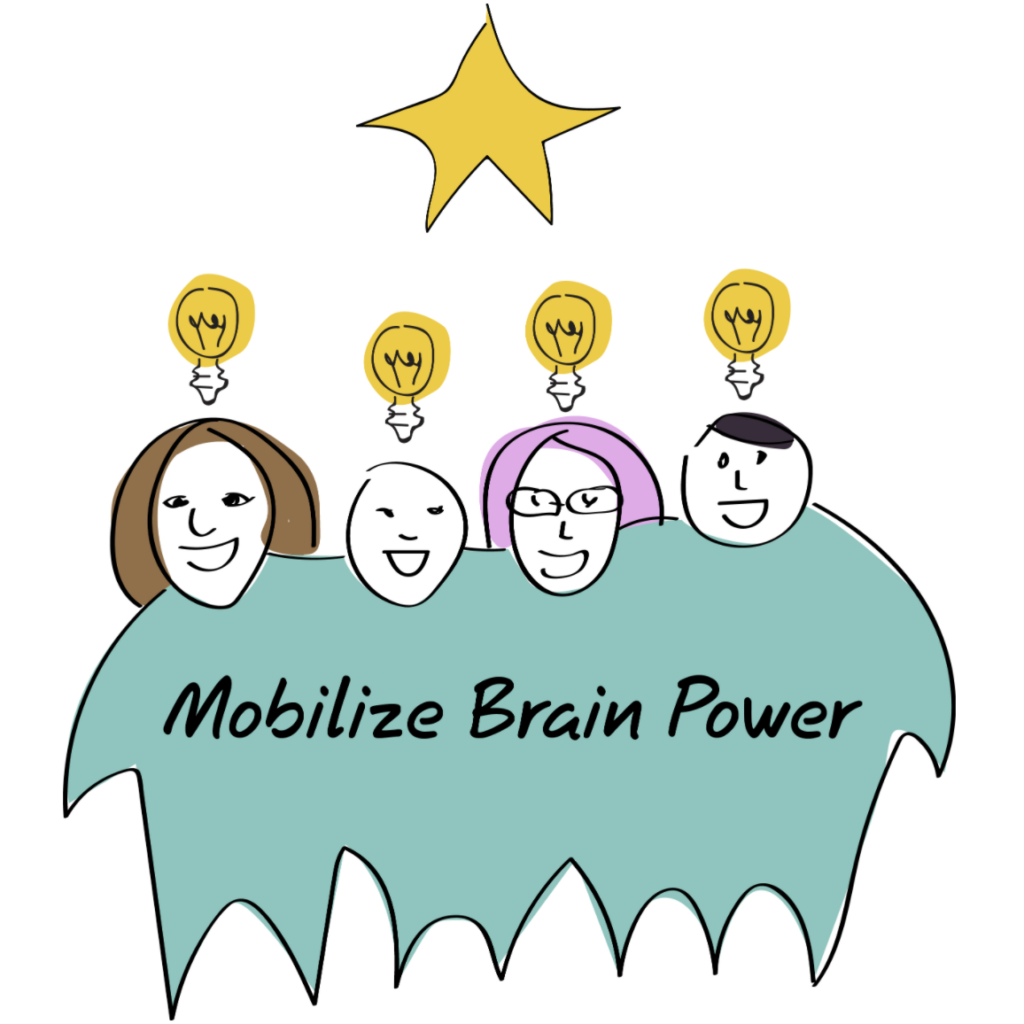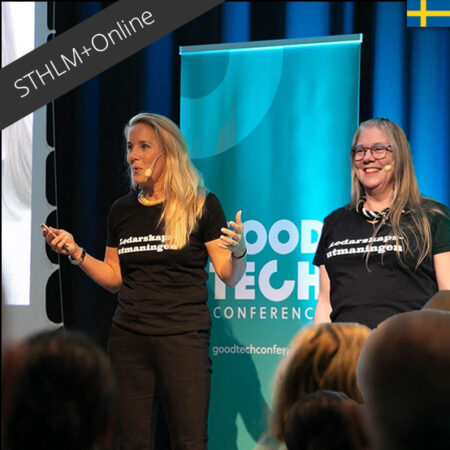Innovation is your top competitive advantage. What are you doing to support your innovative tech talent? It starts with recognizing that innovators and problem solvers are wired to think differently and work differently.
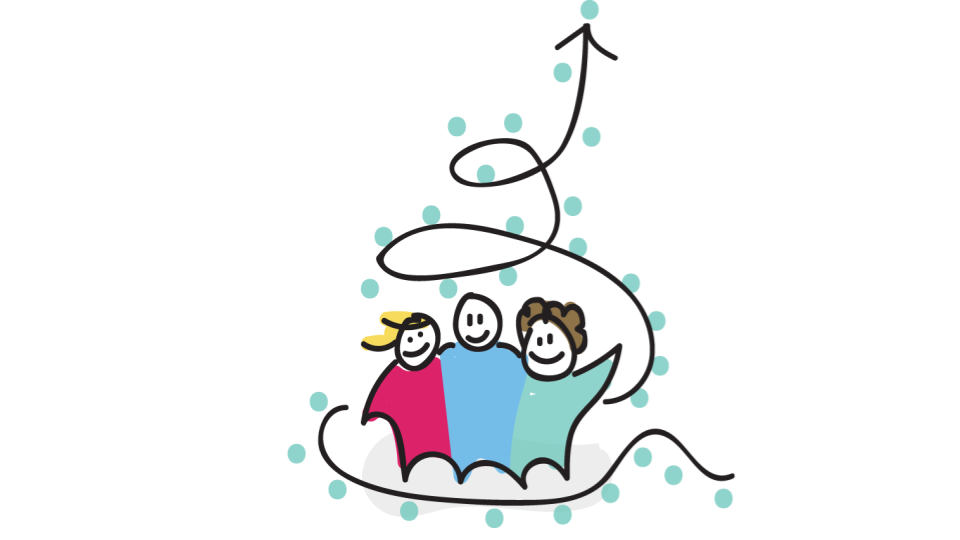
Imagine you’re lost in a foreign city and don’t know the language or customs. And to make matters worse, you lost your cell phone. Disconcerting, right? This is what the workplace is like for technical and creative people who think differently. A lot of time and energy is spent being lost due to issues which affect everyone, especially the neurodiverse, instead of being productive and innovating.
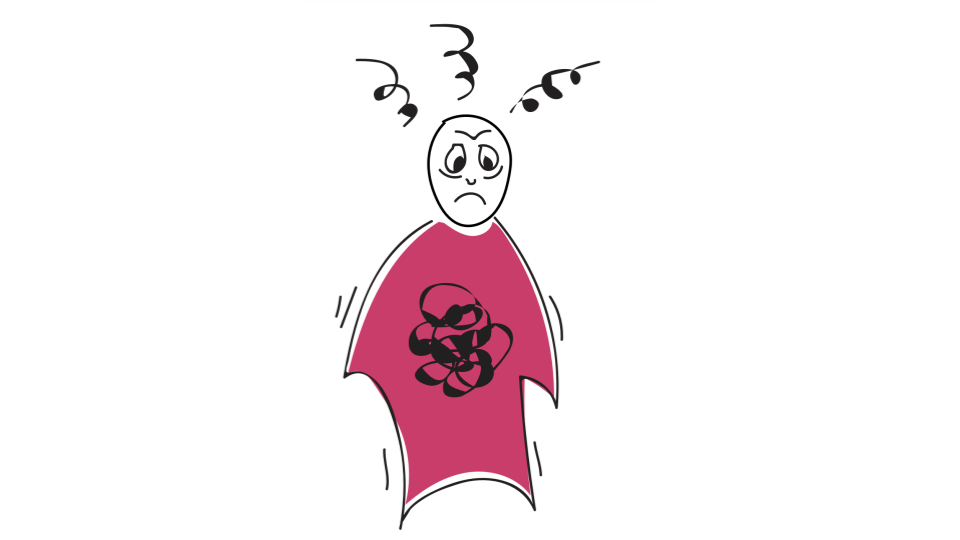
For example, research has shown that there’s a higher than chance representation of autistic people and people with elevated autistic traits in Science, Technology, Engineering and Mathematics (STEM) industries. They’re wired to spot complex patterns and relationships, focus on details, and work independently. They also possess strong logic and analytical skills. Orienting themselves to concrete facts instead of context, they analyze information from the physical senses using objective logic and prefer evidenced-based approaches.
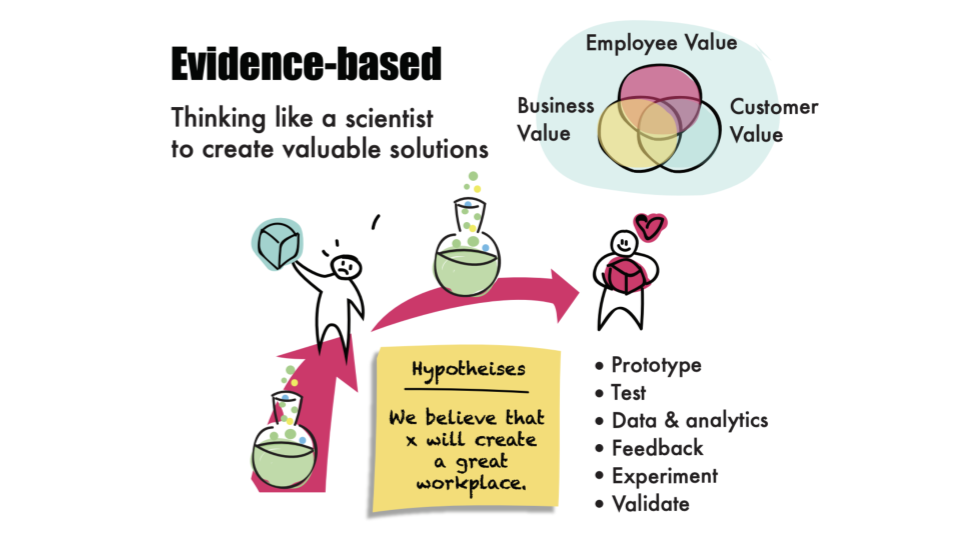
Sometimes these tendencies and preferences lead to workplace challenges. Brains wired to be extra sensitive to external and internal stimuli will lead to those “quirky” behaviors that are often stereotypically associated with people who thrive in science, technology, engineering and math (STEM):
- Missing social cues
- Getting carried away with ideas
- Getting lost in the weeds
- Avoiding eye contact
- Making awkward small talk
- Asking countless detailed questions
Such individuals can be easily misinterpreted as “arrogant”, “aloof”, or “not a team player”, which often runs counter to the common notions of what makes a good employee. Moreover, most current work environments are structured as “one-size fits all”, often with positive intent, as though neurodiverse talent simply “turn off” these differences and fit into any work environment. This is, simply, not the case. Neurodiverse brains often have communication and collaboration styles based on logic instead of context and naturally process information “bottoms-up”, starting with the details, instead of “top down”.
What I’ve seen as an unfortunate consequence of such misinterpretations, assumptions, and differences are three implicit expectations that often sabotage the career of our neurodiverse colleagues and friends:
- “Mind reading” expectation: The expectation that they can accurately pick up on implicit expectations and unspoken norms, which is not the case. This comes from autism’s Theory of Mind (ToM) deficit.
- “Focus” expectation: The expectation that they can create and innovate in any environment, which is not the case. This comes from autism’s and ADHD’s Executive Functioning (EF) deficit.
- “Seeing the forest for the trees” expectation: The expectation that they can “turn off” their brain’s detailed processing style and zoom out to see the forest while ignoring the details of each tree, which is not the case. This is known anecdotally as “bottom-up” processing, and comes from autism’s Weak Central Coherence (WCC) deficit.
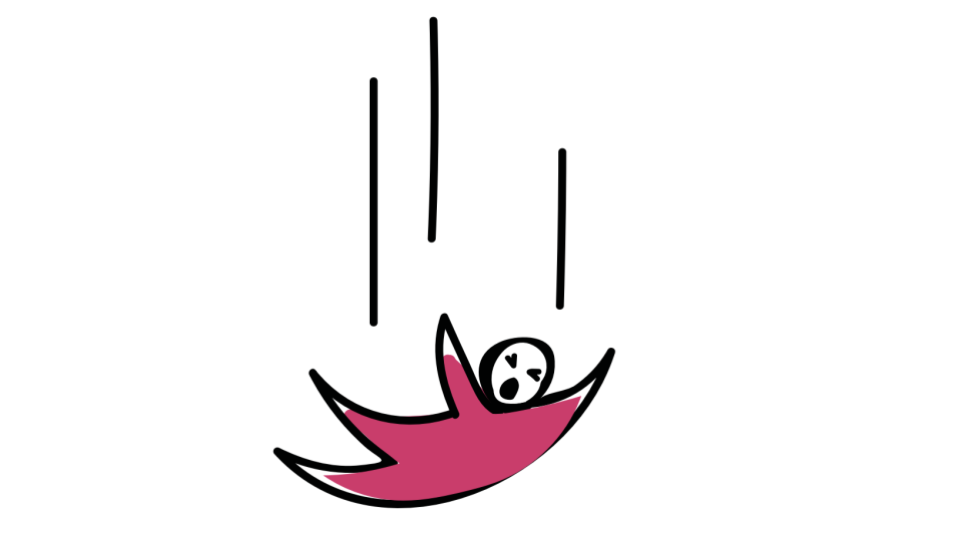
We’d, therefore, benefit from rethinking our HR practices if we want to attract, engage, and retain our creative and innovative talent. The people driving innovation and creativity think and work differently, and these differences need to be destigmatized and normalized because neurodiversity is the new normal.
A great place to start is with an increased awareness of their unique strengths, needs, and processing styles, which this blog post attempted to address. The next blog post on this topic will focus on some actionable strategies for leaders, colleagues, Scrum Masters, and Agile Coaches who want to overcome the three implicit expectations and create a culture where neurodiverse talent can thrive and shine.
